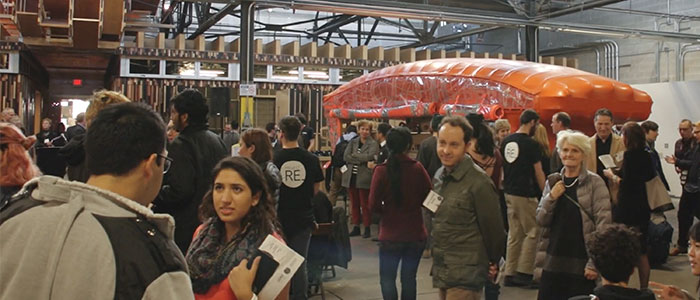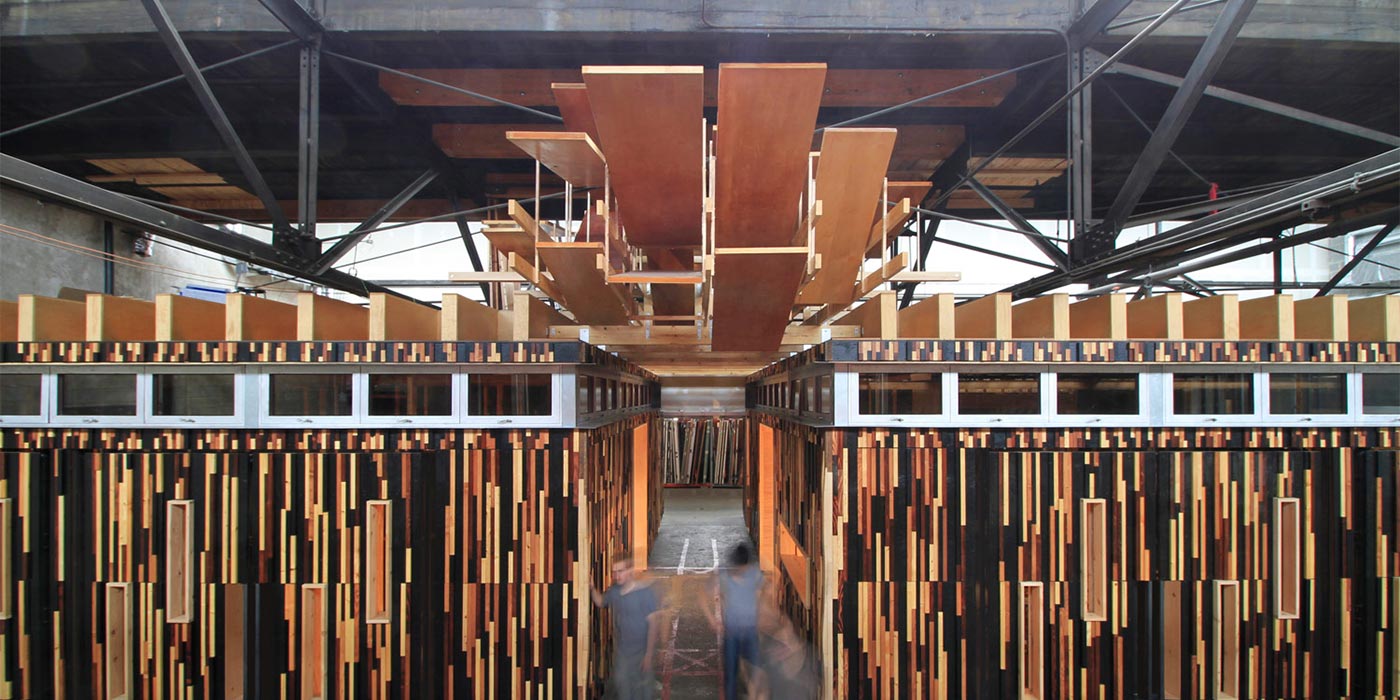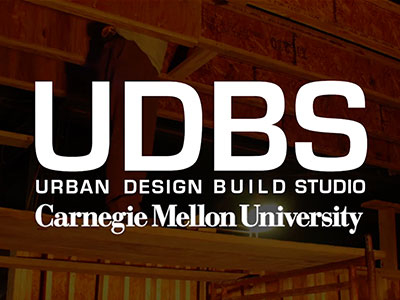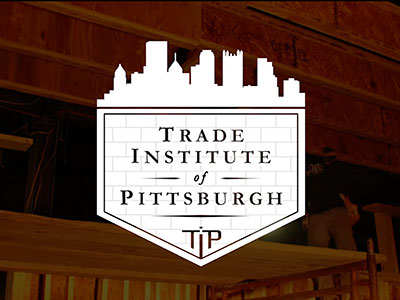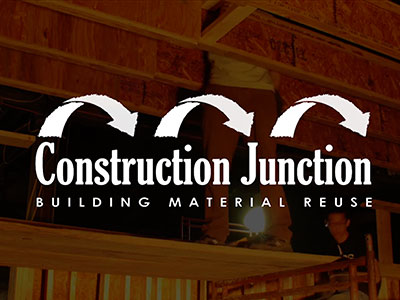Project RE_
RE_use
RE_build
RE_store
More than a decade ago, John Folan had a vision. He just knew there was a way to improve urban communities, helping residents with a hand up and not the proverbial hand out. He wanted to do it in a novel way, and the thought was always percolating in his mind. At Carnegie Mellon, Folan, a professor in Carnegie Mellon University’s School of Architecture, found a way to make it happen.
Folan and community leaders created Project RE_, a program of the School of Architecture’s Urban Design Build Studio (UDBS), a little more than three years ago with partners from Construction Junction (CJ) and the Trade Institute of Pittsburgh (TIP). The three nonprofits leveraged their assets to create opportunities for all involved by expanding knowledge and skill sets.
RE_use materials
The “RE” references the mission of the collaborative to “reuse materials, rebuild communities and restore lives,” Folan said. “It’s about using materials that are already available and diverting them from landfills. For both undergraduate and graduate students in the UDBS, it’s about preserving the environment by retraining people to think about repurposing vs. wasting precious resources. It’s also about seeing urban communities overcome challenges through empowerment and helping residents earn a living wage.”
Project materials come through CJ, where Project RE_’s hub is located, and the UDBS works to re-imagine their use through design and prototyping.
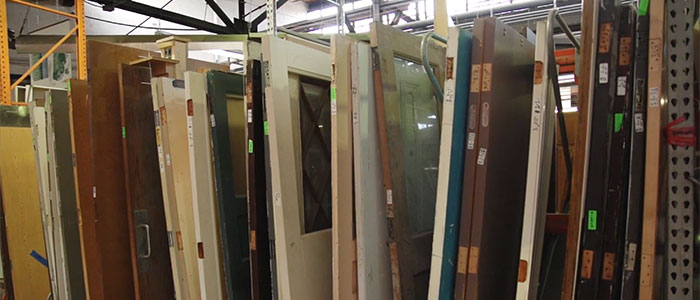
"When people ask where they can find this material, they're often surprised to learn that it came from the door stack over here."
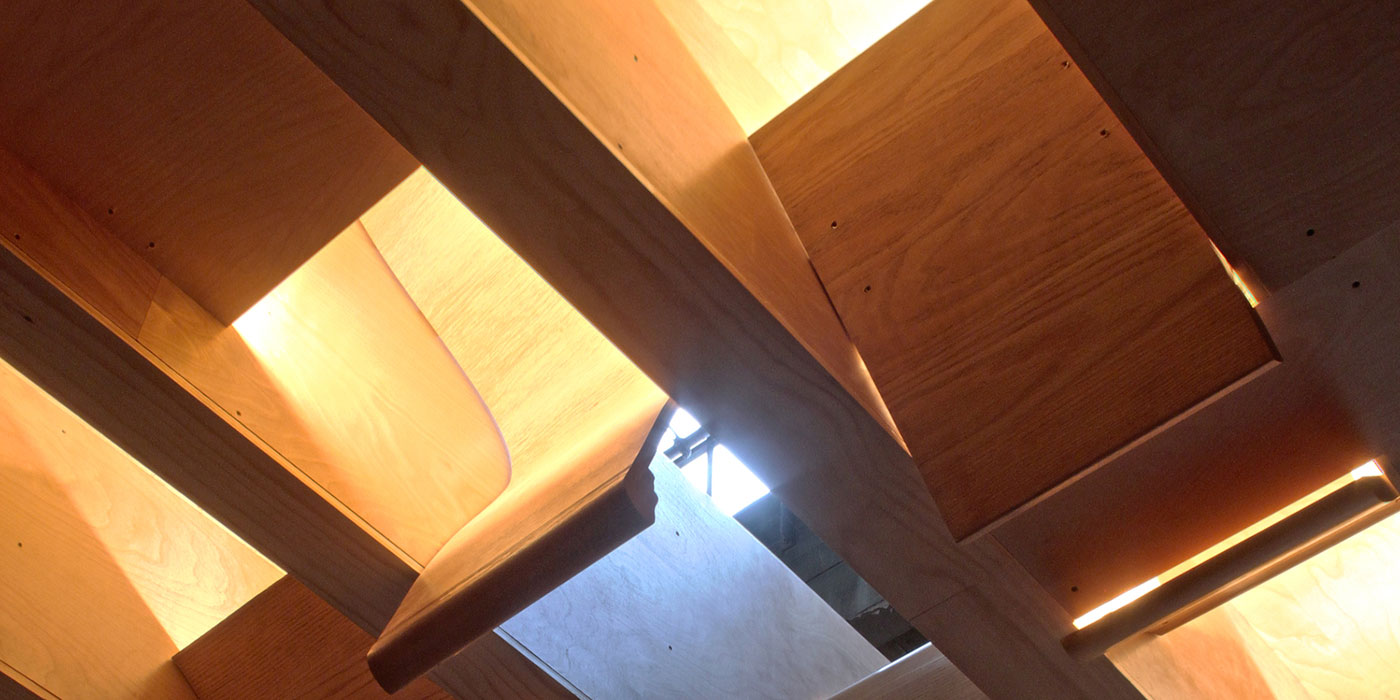
RE_store lives
Through Project RE, UDBS students collaborate side-by-side with TIP apprentices, formerly incarcerated people who become trained in a skilled trade as a way to re-enter society and earn a living.
A few years ago, Folan had been involved in a similar effort while running a design-build program at the University of Arizona. His undergraduate students worked side-by-side with teens emerging from juvenile corrections. Through day-to-day contact, the teens began to understand that they had opportunities available to them; circumstance was the only thing separating them from their ability to succeed. The undergraduate students also gained a greater understanding of the social context in which they were working.
"They accomplished things that were perceived as unattainable to them in the past," Folan said. "We're seeing similar results through Project RE_ and the collaboration with TIP."
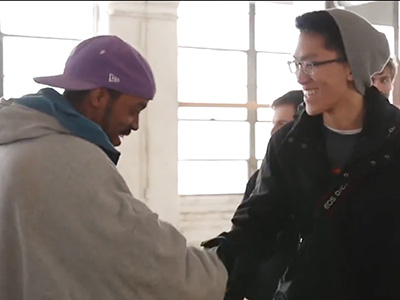
"It's neat to see two walks of life coming together, collaborating, and seeing the fun that they have."
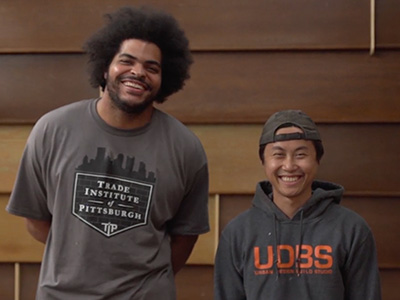
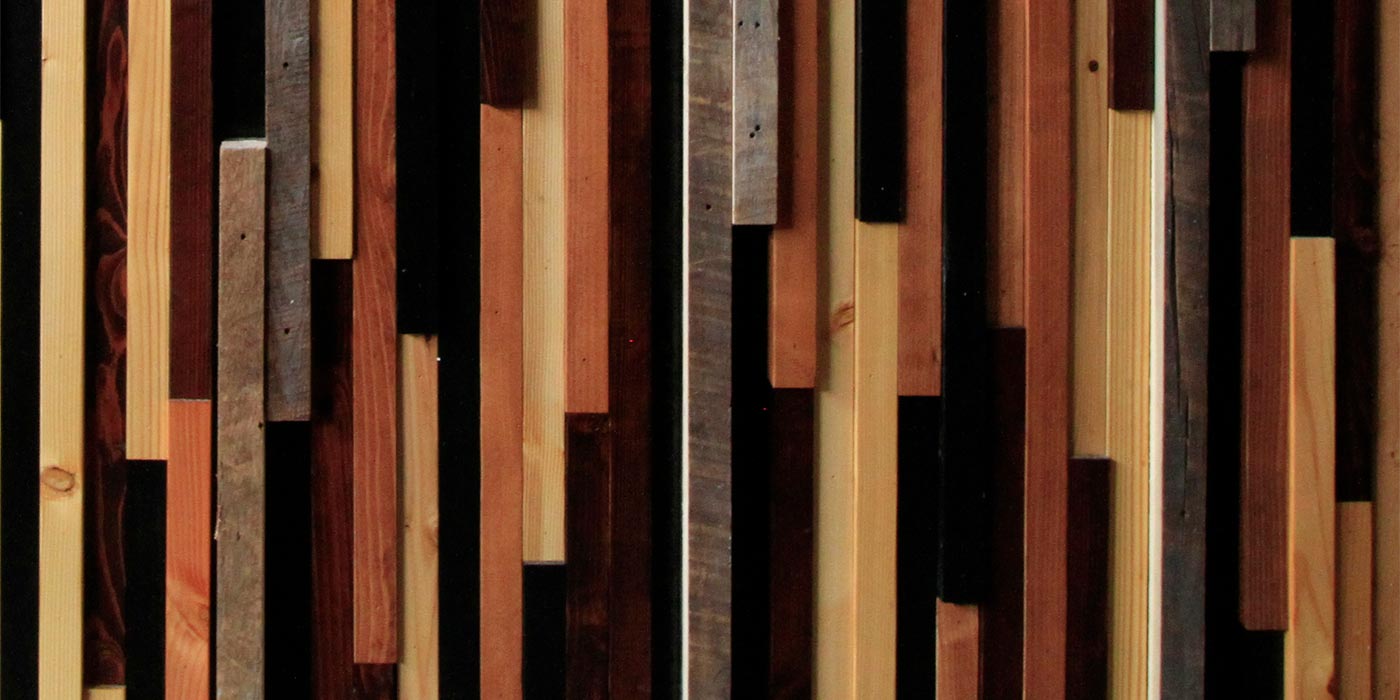
RE_build communities
Products and housing prototypes developed in the space sustain the center and fund future community outreach projects. Project RE_ offers job training for people looking to learn new skills and workshops for the public to design and make do-it-yourself projects.
"Separately, we had some great ideas on how we could make a difference," Folan said. "Together, we're making it happen."
"People are often treated like they are throwaways. This place demonstrates that you can redeem almost anything."
